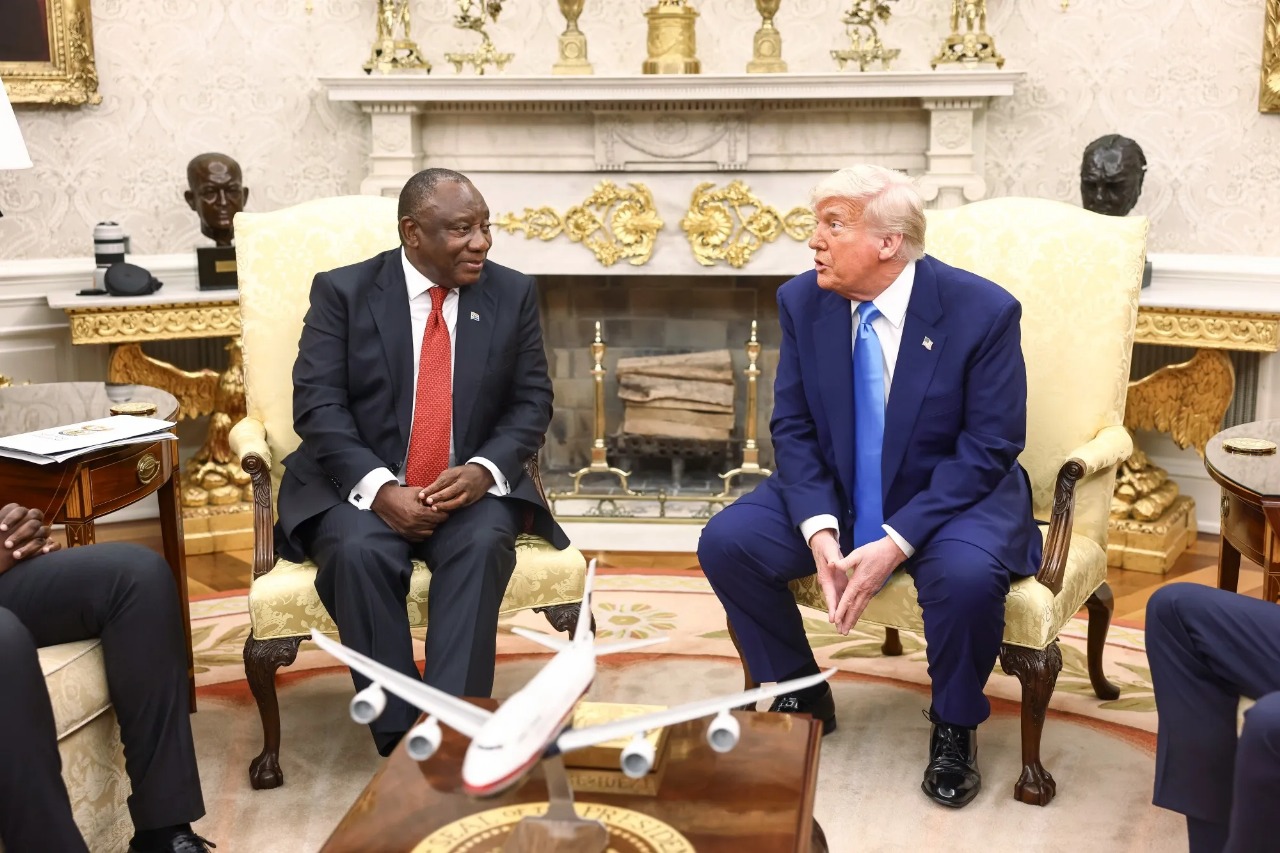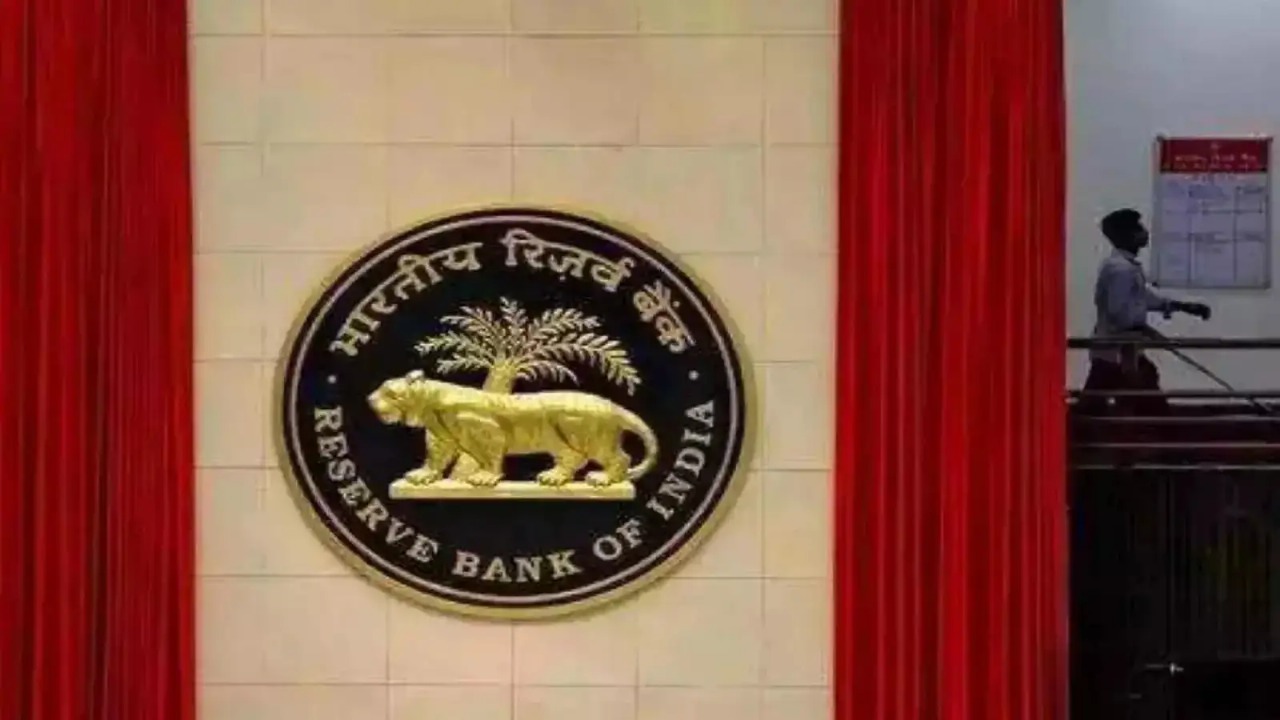South Africa has reaffirmed its commitment to finalizing a trade agreement with the United States, just days before a 30% tariff on South African exports is set to take effect. The announcement, made by Trade, Industry and Competition Minister Parks Tau on July 29, 2025, comes amid rising geopolitical tensions and mounting pressure on exporters, particularly in agriculture and automotive sectors.
The government emphasized that negotiations remain the preferred path forward, despite the looming deadline and limited communication from the US side.
Key Highlights from Minister Tau’s Statement
South Africa will not retaliate with reciprocal tariffs, opting instead for continued dialogue
The country has no intention of decoupling from the US and remains committed to a mutually beneficial trade framework
A condition precedent document has been signed with the US Trade Representative, paving the way for formal negotiations
The Department of Trade, Industry and Competition (DTIC) has activated a support desk and response plan for impacted industries
Tau described the situation as a complex intersection of domestic, geopolitical, and trade issues, requiring a strategic reset in bilateral relations.
Framework Deal Features and Strategic Commitments
South Africa’s proposed framework deal includes several key components aimed at unlocking trade and investment opportunities:
Energy and Commodities
Import of 750–100 petajoules of liquified natural gas over 10 years, valued at $12 billion
Joint investment in critical minerals, metals recycling, and pharmaceuticals
Agricultural Market Access
Simplification of US poultry exports under the 2016 tariff rate quota, unlocking $91 million in trade
Readiness to open South African markets for US blueberries, pending protocol approvals
Investment and Industrial Collaboration
South African firms committed to invest $3.3 billion in US industries
Bilateral cooperation in agri-machinery and shipbuilding sectors
Tariff Exemptions
Specific sectors such as counter-seasonal agriculture, MSME exports under $1 million, and shipbuilding proposed for exemption to preserve supply chains
These measures are designed to mitigate the impact of the impending tariffs and foster long-term economic cooperation.
Domestic Response and Industry Impact
The DTIC has mobilized internal resources to prepare for multiple scenarios:
A dedicated support desk has been established to assist affected exporters
Demand-side interventions are being planned for industries facing margin pressure
Coordination with other government departments is underway to ensure a unified response
Exporters of citrus, table grapes, and automotive components are expected to be hit hardest by the 30% tariff. Analysts warn of potential job losses and reduced competitiveness, with the Reserve Bank estimating up to 100,000 jobs at risk.
Expert Opinions and Market Sentiment
Trade experts have expressed concern over the lack of clear communication from both governments
Economists predict a contraction in GDP and increased pressure on the rand, which has already weakened to R17.96/$
Calls for diversification of export markets and deeper engagement with BRICS and AfCFTA are gaining traction
Despite skepticism about the effectiveness of South Africa’s current strategy, the government insists it has a plan and remains optimistic about reaching a resolution.
Conclusion
South Africa’s renewed commitment to negotiating a trade deal with the US reflects its strategic intent to safeguard key industries and maintain global trade relevance. As the August 1 tariff deadline approaches, the country faces a critical juncture that could reshape its economic trajectory and diplomatic posture.
Source: The Citizen – July 29, 2025 Polity.org.za – July 29, 2025 The DTIC – July 29, 2025 Investing.com – July 29, 2025 The Star – July 29, 2025 Creamer Media – July 29, 2025



